May 28, 2025 | 16:19 GMT +7
May 28, 2025 | 16:19 GMT +7
Hotline: 0913.378.918
May 28, 2025 | 16:19 GMT +7
Hotline: 0913.378.918
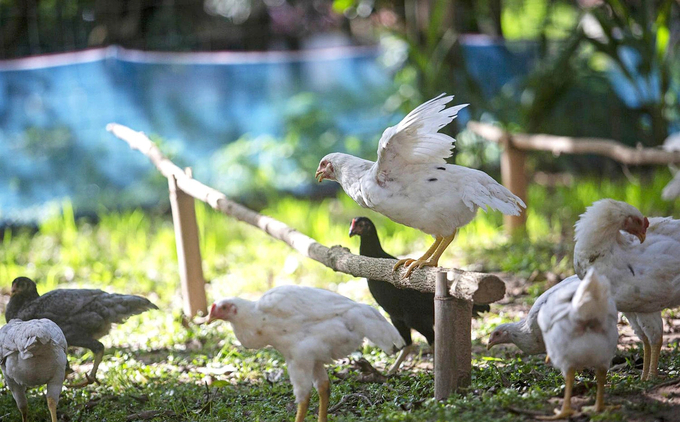
Chickens at Thepsiri farm under the Farm Champion project in Ubon Ratchathani, Thailand. Photo: WAP THAILAND.
Poultry farming, in a way that ensures animal welfare, has become a trend in recent years, as consumers become increasingly concerned about the origin of their food. Thailand’s Farm Champion project is one such model.
In order to raise the standards of chicken farming, World Animal Protection (WAP) Thailand has partnered with the School of Livestock Technology and Innovation at Suranaree University of Technology (SUT) to launch the project.
The Farm Champion project provides more than 1,000 korat chickens (a cross between imported and native Thai chickens) to 11 farms across six provinces in Thailand, aiming to encourage small-scale farms to adopt high-welfare farming practices, according to the Bangkok Post.
The representative of WAP Thailand, Paew Pirom, shared that the industrial chicken farming model has caused billions of chickens in Thailand to suffer annually. Therefore, the Farm Champion project was initiated to improve this situation, aiming at raising animals according to ethical standards, ensuring animal welfare, and sustainable development in food production.
According to Paew Pirom, animal welfare means respecting and appreciating animals. Most people do not care about the living conditions of the animals they consume daily. However, animal welfare is closely related to the quality of food.
"Farm Champion is an animal-centric project that aims to improve chicken farming in Thailand. Changing the traditional farming model is difficult, so WAP is gradually encouraging smallholder farmers to adopt high-welfare chicken farming methods," said Paew Pirom.
On large farms, chickens have a living space as small as an A4 sheet of paper and are rarely exposed to sunlight. Not only that, sick chickens are not isolated and given particular medicine. Instead, farmers often mix antibiotics into the feed for the entire flock, leaving antibiotic residues in the meat and increasing the risk of drug resistance in humans.
In contrast, the Farm Champion project does not use antibiotics and chemicals. Chickens in this project can live naturally and enjoy benefits such as a clean environment. In addition, the entire farming process will be monitored from the first days until they are slaughtered.
Surprisingly, according to Farm Champion standards, the cost of building a chicken farm is only about USD 3,000, while the investment cost in traditional farms ranges from USD 30,000 to USD 300,000.
Improving chicken welfare
To meet ethical standards in farming, according to the Japan News, a project called Kurofuji Farm in Yamanashi Prefecture (Japan) has started raising chickens without cages, with about 3-4 chickens per square meter, to create a comfortable living environment for them.
This is in stark contrast to the scale of conventional chicken farming in most farms in Japan, where chickens are kept in cages almost all the time at a density of about 20 chickens per square meter. While this method may be more economically efficient, it does not ensure the welfare of the poultry.
"Even though sales are lower than cage-raised chickens, we still want to show our gratitude to the chickens and ensure they live in the least stressful environment possible," said Kurofuji Farm, adding that the project has helped at least ten farms across Japan change their farming practices since 2019.
Meanwhile, Bostock Brothers - New Zealand's only free-range organic chicken farm - is famous for its 100% organic farming process. The owners of Bostock Brothers personally carry out all stages, from preparing chicken feed and processing chickens to marketing and selling to the market, according to Idealog, a website representing New Zealand's innovative businesses.
Inspired by their family's passion for organic food, the Bostock brothers set out to build a 100% organic chicken farm. Everything here is organic, from the grain to the chicken feed. It is also the only chicken farm in New Zealand that does not use antibiotics.
The smaller flock size but more space for the chickens to move around is what sets Bostock Brothers apart from other industrial farms in the land of kiwis. In addition, this farm also regularly monitors its carbon footprint to become a carbon-neutral business.
Differences in sustainable chicken farming
After participating in the Farm Champion project, some farm owners noticed differences in their chickens that they had never seen before.
They shared that unlike chickens raised on industrial farms, the chickens in the project seemed to enjoy waiting for the gate to open so they could freely scratch the ground and look for food. Some chickens preferred to stay in the coop, while others were comfortable sunbathing, jumping on logs, or relaxing under the shade of trees.
Translated by Huong Giang
/2025/05/27/4731-2-223159_980.jpg)
(VAN) No votive paper, no styrofoam, no plastic bags, no plastic bottles, and no single-use plastic trays are the key rules tourists should keep in mind when visiting Con Dao.

(VAN) In the fight against plastic pollution, Vietnam has been demonstrating a proactive, pioneering, and active role in addressing the greatest environmental challenge today.
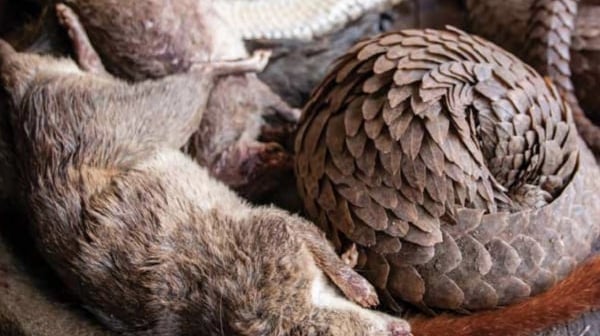
(VAN) The WOAH guidelines provide a vital tool for risk chain analysis, covering the extraction, transportation, consumption, and handling of confiscated wildlife.
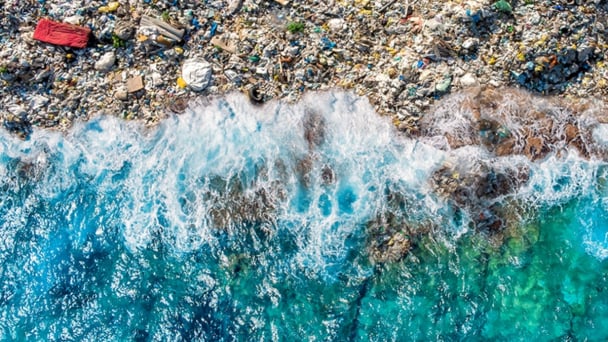
(VAN) World Environment Day 2025 is launched by the United Nations Environment Programme (UNEP) with the theme 'Beat Plastic Pollution'.
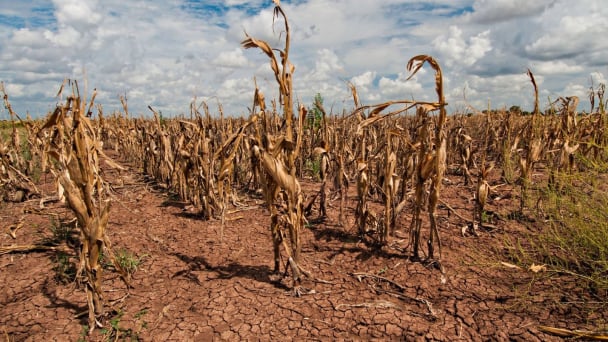
(VAN) As climate whiplash reshapes yields, experts say data-driven tools and targeted relief are critical to feed America.
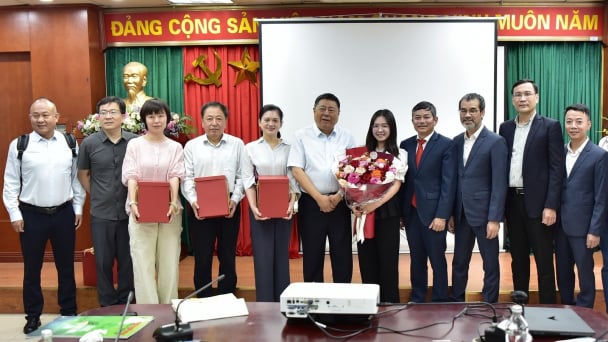
(VAN) The alignment in goals and operational direction between the Vietnam Agriculture and Nature Newspaper and Shaanxi Daily opens up promising prospects for journalism and media cooperation.
/2025/05/26/3422-3-102748_432.jpg)
(VAN) Prime Minister Pham Minh Chinh has been honored as the Distinguished ASEAN Leader at the ASEAN Leadership and Partnership Forum (ALPF) 2025 held in Malaysia, affirming Vietnam’s role and reputation.